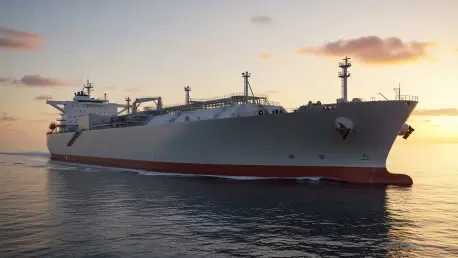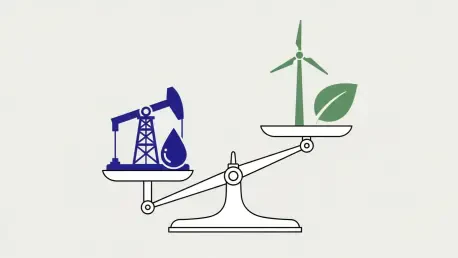
In a landmark move that signals a seismic shift in global energy logistics, Japan's largest power company is orchestrating the development of the world's first commercial-scale supply chain dedicated to low-carbon ammonia. This ambitious initiative, led by JERA, aims to fundamentally reshape

A Strategic Jolt: Unpacking the Government's Endorsement of Ola Electric In a significant endorsement of domestic manufacturing, Ola Electric has secured a ₹366.78 crore incentive from the Indian government, a move poised to accelerate its ambitious growth plans. This financial infusion, granted

The vast, sun-drenched landscapes of Western Australia are becoming the crucible for a revolutionary fusion of ancient custodianship and next-generation energy technology, redefining what it takes to power a cleaner world. As nations race to decarbonize, the success of massive renewable energy

The Billion-Dollar Question: Recalibrating Strategy or Abandoning Ambition? British oil giant BP recently announced a landmark deal to sell a 65% majority stake in its iconic Castrol lubricants division to Stonepeak for $6 billion, a move that values the entire unit at over $10 billion. This

Bihar's ambitious leap into the green energy sector, backed by significant investment and the promise of becoming a leading ethanol producer, now confronts an unexpected and formidable barrier in the form of federal supply quotas. This situation has ignited a critical debate, questioning whether

The very systems of global shipping and aviation that knit together the modern world economy also present one of the most stubborn environmental challenges of our time, contributing billions of tonnes of carbon dioxide to the atmosphere each year. These sectors are notoriously difficult to